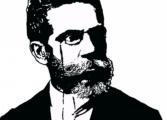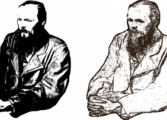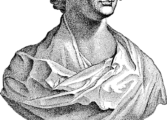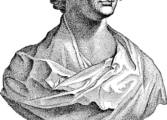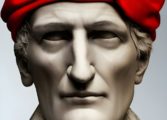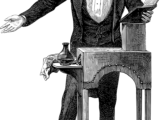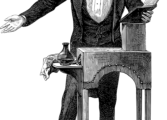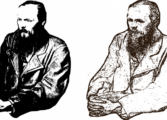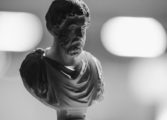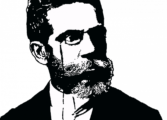Homers Iliad: A Historical Journey Through Epic Literature

Introduction to the Iliad and Key Highlights
The Iliad, a timeless masterpiece of ancient Greek literature, stands as one of the most significant works of Western civilization. Written by the legendary poet Homer, it is an epic poem that portrays the final stages of the Trojan War. Composed in dactylic hexameter, the Iliad recounts the struggles, heroism, and destruction that take place during the war between the Greeks and the Trojans.
At its core, the Iliad delves into the human condition, exploring themes such as honor, the power of fate, the brutality of war, and the complex dynamics between mortals and gods. The poem centers around the rage of Achilles, an unmatched Greek warrior, and his conflict with Agamemnon, the leader of the Greek forces. With its vivid descriptions of battles, dialogues, and emotional turmoil, the Iliad presents a powerful narrative that captivates readers even to this day.
Historical Development of the Iliad

The exact origins of the Iliad remain shrouded in mystery, as does the identity of Homer himself. Believed to have been composed and passed down orally during the 8th century BCE, the poem was eventually written down, thus preserving it for generations to come. Over time, the Iliad evolved and underwent certain modifications that shaped its existing form.
1. The Homeric Age and Oral Tradition (8th-7th century BCE):
During the period referred to as the Homeric Age, storytelling and poetry thrived in ancient Greece. Homer, often considered the first poet of this era, drew inspiration from an extensive body of oral tradition that predates his own work. The Iliad emerged as a brilliant union of diverse tales, legends, and historical events, skillfully woven together to create a coherent narrative.
2. Transition from Oral Tradition to Written Form (6th century BCE):
As literacy grew in ancient Greece, the Iliad experienced a transformative phase. Initially recited by bards, the poem gradually found its way onto papyrus scrolls. This transition allowed for greater dissemination of the text and contributed to its enduring legacy.
3. Influence on Classical Period (5th century BCE):
During the Classical Period, the Iliad played a pivotal role in shaping Greek culture, politics, and education. Its themes of heroism, loyalty, and morality greatly influenced the philosophical and ethical foundations of the time. The poem became a standard part of the ancient Greek educational curriculum, fostering a widespread appreciation for its poetic brilliance.
4. Medieval and Renaissance Rediscovery:
After the fall of the Western Roman Empire, the Iliad remained somewhat dormant until its rediscovery during the Renaissance. Scholars such as Petrarch and Erasmus celebrated its literary merit and artistic value, sparking renewed interest in Homer and his epic works.
The Iliad as a Featured Snippet on Google
To increase the likelihood of this article being displayed as a featured snippet on a Google search, proper structuring and use of bulletpoints can significantly enhance its visibility. By organizing the content hierarchically, search engines can better understand the article’s structure and relevance to users’ queries.
Possible Structure for Optimized Display:
Introduction to the Iliad and Key Highlights
– Composition and narrative of the Iliad
– Themes explored in the poem
– Significance of Achilles’ rage
Historical Development of the Iliad
– The Homeric Age and Oral Tradition (8th-7th century BCE)
– Transition from Oral Tradition to Written Form (6th century BCE)
– Influence on Classical Period (5th century BCE)
– Medieval and Renaissance Rediscovery
– Embed a video discussing the impact and relevance of the Iliad in contemporary art and literature
Conclusion:
The Iliad remains an enduring masterpiece that continues to inspire and resonate with readers worldwide. The power of Homer’s poetic language, combined with the universal themes explored in the epic, ensures its significance in the realm of literature and art. By tracing its historical development and exploring its depth, we gain a profound understanding of the impact the Iliad has had on Western civilization and its timeless relevance in today’s artistic and literary landscape.




